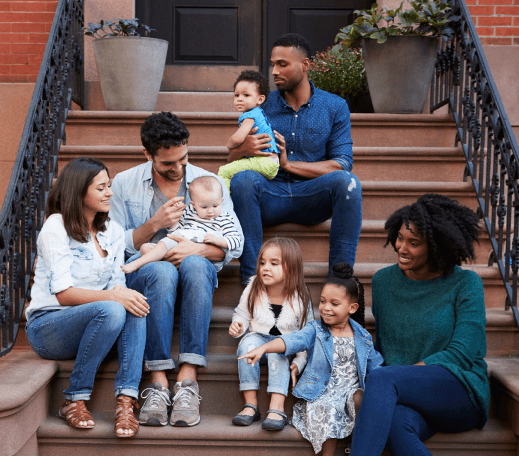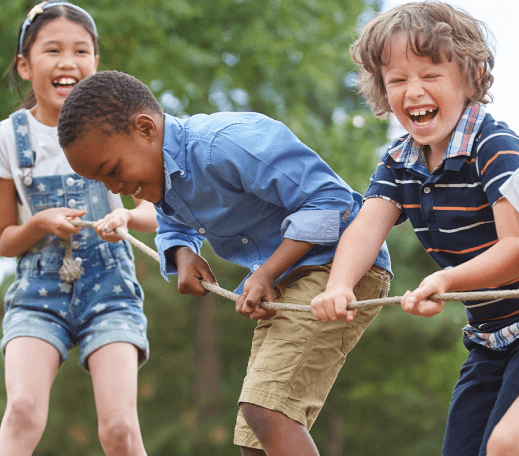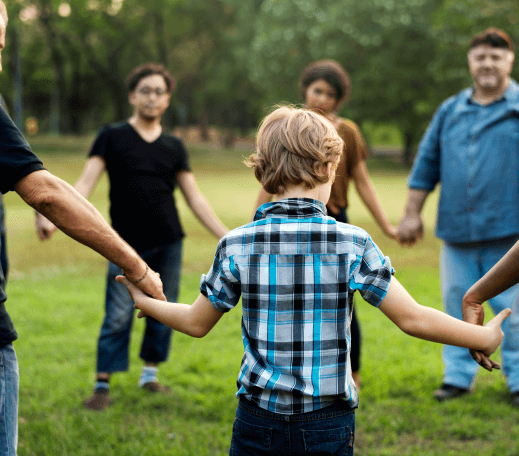I’m looking for next steps . . .

For My Community
For My Community
You’d like to see foster care transformed in your community, but you know you can’t do it alone. Let’s get to it!

For My Organization
For My Organization
You're doing great work in foster care, but you want to make an even greater impact. Learn how!

For My Church
For My Church
You want to help your church get more involved in foster care, but you’re not sure what to do next. Let us show you!
